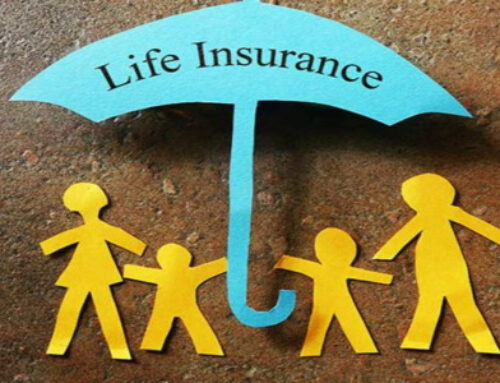The Different Types of
Life Insurance
Life Insurance
Posted by Morgan Fisher
Serving Cedar Rapids, Iowa, and Surrounding Areas.
Life insurance can mean different things to different people. For some, leaving a large legacy behind may be the dream. For others, just the idea of not leaving the burden behind to family members is the ultimate goal. That being said, there are many different types of life insurance options. Deciding what your overall goal is will help to ensure you make the best choice in what is right for you or your family.
- Term life insurance: This type of life insurance policy provides coverage for a set term or period of time and pays a death benefit to the beneficiary if the insured passes away during the policy term. However, this policy will expire once you reach a certain age. Meaning, if you don’t pass prior to that age, you no longer have life insurance.
- Whole life insurance: A whole life insurance policy provides coverage for the insured’s entire life and offers a guaranteed death benefit to the beneficiary upon the death of the insured. This type of policy also builds cash value over time which can be borrowed against- however this is not something I recommend.
 Universal life insurance: Universal life insurance offers permanent coverage like whole life insurance but is more flexible. The policyholder can adjust their premium payments, and the policy’s death benefit and cash value can be adjusted as well. Although this policy is often sold on “guarantees” it is not always guaranteed. I recommend regular reviews of this type of policy.
Universal life insurance: Universal life insurance offers permanent coverage like whole life insurance but is more flexible. The policyholder can adjust their premium payments, and the policy’s death benefit and cash value can be adjusted as well. Although this policy is often sold on “guarantees” it is not always guaranteed. I recommend regular reviews of this type of policy. - Variable life insurance: Variable life insurance policies combine the protection of life insurance with the investment potential of mutual funds. The policyholder can choose how to invest the cash value of the policy, which can lead to more significant gains, but also carries higher risk. I also recommend regular reviews of this type of policy as you do not want to end up in a bind with little to no life insurance.
- Accidental death and dismemberment insurance: This type of policy pays a death benefit if the insured dies due to an accident or will compensate for the loss of limbs or eyesight sustained in an accident. Oftentimes, this type of insurance will be offered through your local credit union or as a rider on your whole life insurance policy.
- Final expense insurance: Final expense insurance, also known as burial insurance, covers the cost of funeral and burial expenses upon the death of the insured. This is a type of whole life insurance, set aside to pay for basic final expenses.
Key Takeaways-
There are a variety of different types of life insurance. It is important for you to decide what is important to you or your family when making this decision. While it isn’t an exciting topic to discuss, having a plan in place will ensure a burden isn’t left behind, in the event of an untimely death.



